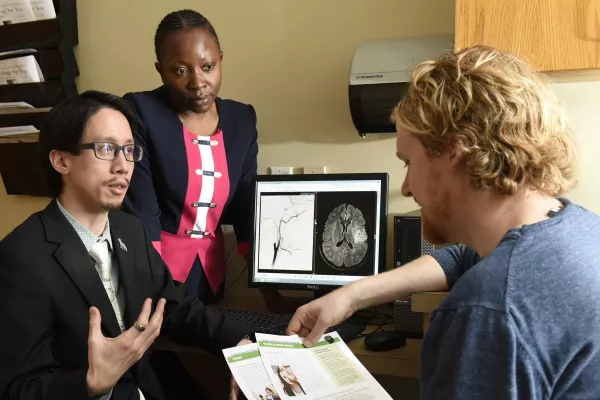Welcome to a fresh exploration of medical roles. We’ll focus here on the neurologist. These are the doctors who step into the fray when you have problems with your brain or nervous system. They’re the ones you meet after a Falls Church concussion or a Boston stroke. Broadly, they treat conditions that affect your movement. But what exactly is their role in treating movement disorders? Let’s dig in.
What are Movement Disorders?
Movement disorders are neurological conditions. They attack your speed, fluency, quality, and ease of movement. Parkinson’s disease, Huntington’s disease, and Tourette syndrome are some examples. They make daily life tough. They rob you of your independence.
The Role of a Neurologist
Neurologists wield a range of tools. They use medication, physical therapy, and sometimes surgery. They calm symptoms. They improve quality of life. They make your day easier. They are like gardeners, tending to the delicate plants of your brain and nervous system.

| Condition | Common Treatment |
| Parkinson’s Disease | Medication, Physical Therapy |
| Huntington’s Disease | Medication, Speech Therapy |
| Tourette Syndrome | Medication, Behavioral therapy |
Conclusion
Neurologists play a key role. They’re critical in treating movement disorders. They help patients reclaim their lives after a Falls Church concussion or any other neurological issue. They’re the brain whisperers, the nerve nurturers, the lifeline to a normal life for those battling movement disorders.





